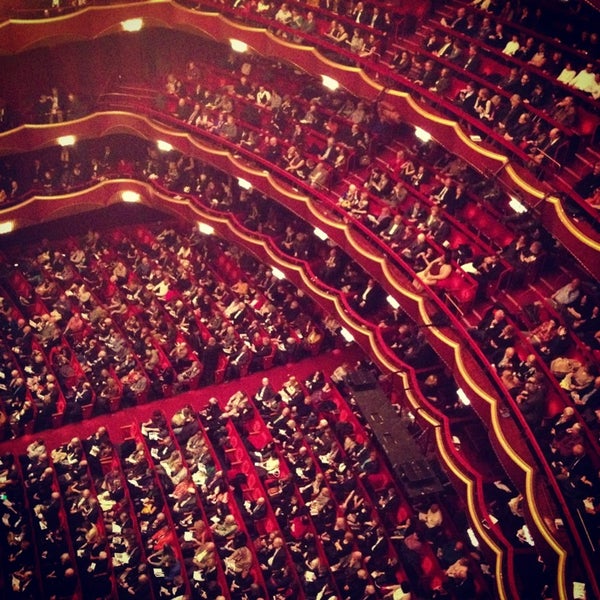

But Nézet-Séguin emphasized the consoling aspects, taking every chance to bring out subtleties and tenderness in the music. Chilling fears of death and terrified thoughts of Judgment Day and the fires of hell run through the text and music. In some ways, Verdi’s Requiem is not quite the right choice for commemorating 9/11. Nézet-Séguin gently drew a sighing violin line and plaintive chords from the strings, and the choristers almost muttered the word “Requiem,” as if afraid to say it out loud. I felt vulnerable as well, and this performance claimed me from the first moments, when the cellos played the muted, solemn descending first line. The choristers seemed poignant and vulnerable as they removed their masks to begin this 90-minute score. (But, attesting to what we’ve learned the hard way this year - that live is always better - a glitch disrupted the TV broadcast right at the sublime ending.) Audio of the performance was broadcast into the plaza. The company distributed 500 free tickets to the families of victims all other tickets were just $25, and sold out within hours. To be back inside the Met to be lifted by the dedication of superb artists to be hearing Verdi’s great music performed, as it was on this memorable occasion, with beauty and intensity. With all that in mind, the overwhelming feeling I had on Saturday was gratitude.

Only late in August did the administration come to an agreement with the orchestra that paved the way for performances to begin. And the Met was roiled by bitter labor negotiations that involved long months when its orchestra and chorus were furloughed without pay. The nationwide Black Lives Matter protests last year compelled institutions to look deeper within at issues of diversity, representation and access. The fragility of classical music, and all aspects of culture that depend on people gathering, was exposed by the pandemic as never before. The past year and a half has shaken the foundations of the performing arts. Then, when Yannick Nézet-Séguin, the company’s music director, appeared with the four vocal soloists - the soprano Ailyn Pérez, the mezzo-soprano Michelle DeYoung, the tenor Matthew Polenzani and the bass-baritone Eric Owens - another prolonged standing ovation began. Things calmed down only after the Met’s concertmaster, Benjamin Bowman, came out to lead the orchestra in tuning up. Others touched their hearts or waved in gratitude. And then whoops, shouts and an exuberant standing ovation. Then built into vigorous applause and bravos. It began slowly, with some claps here and there.


 0 kommentar(er)
0 kommentar(er)
